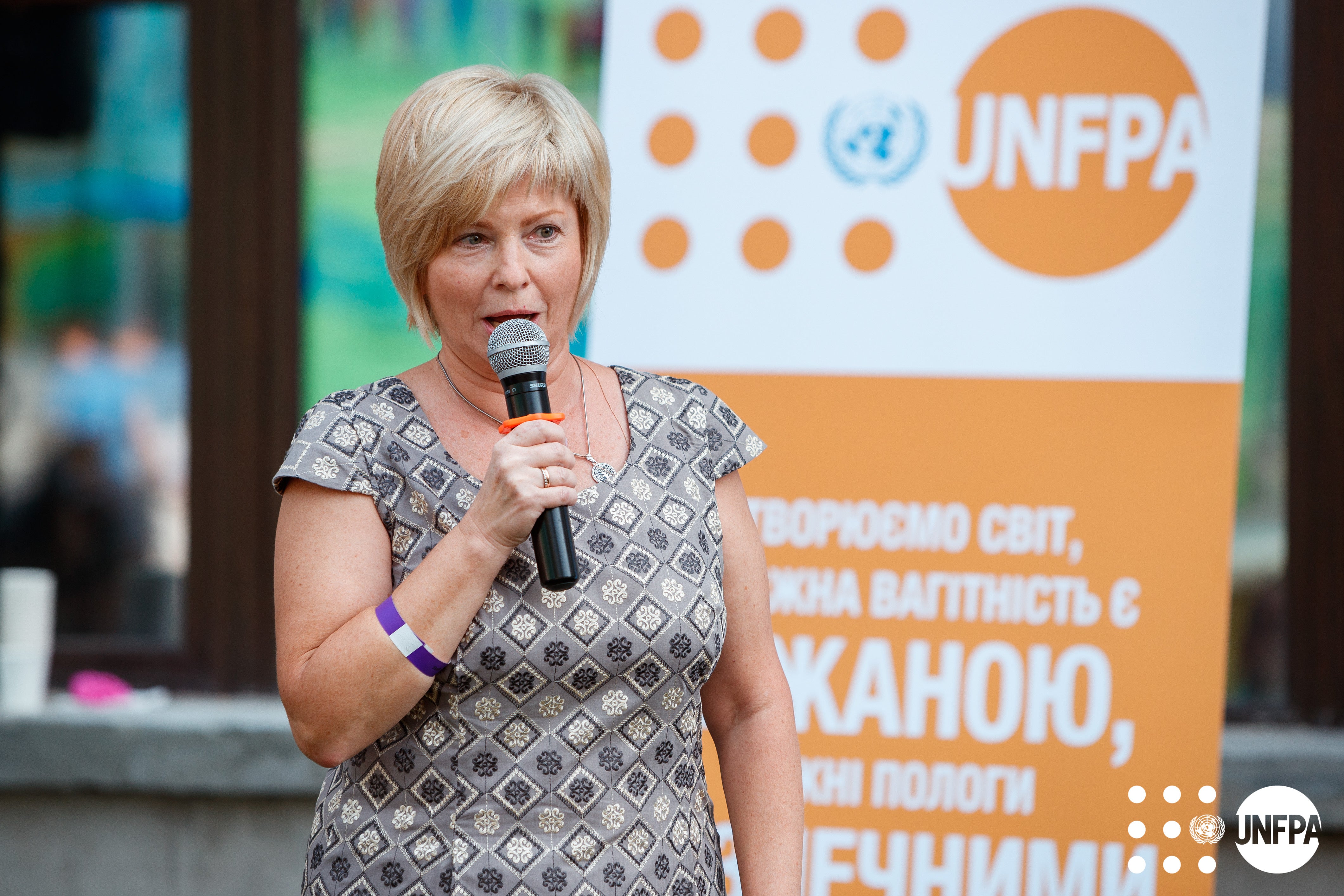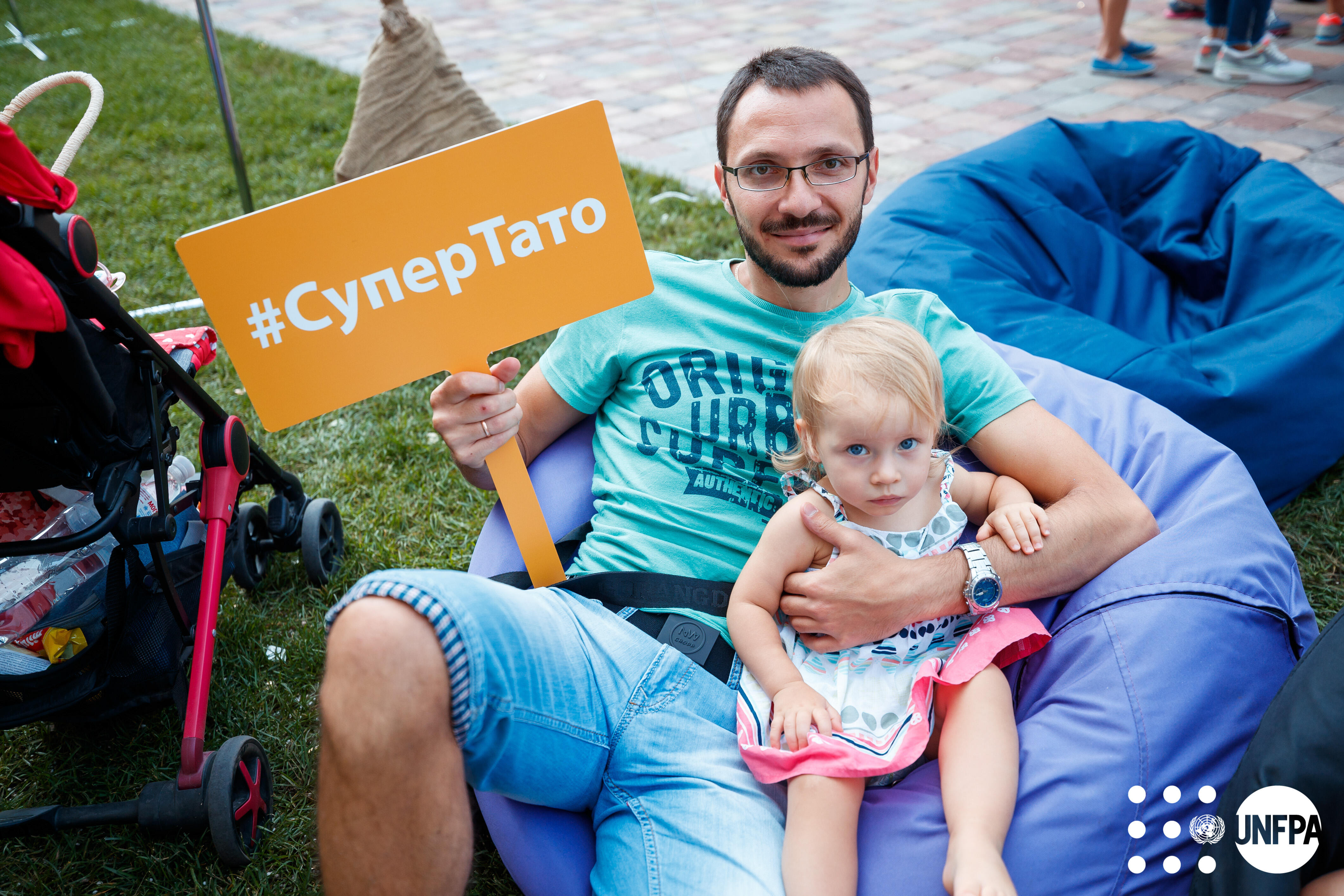Every dad dreams that his children are proud of him and following his example, isn't it true? Iryna Lisova, rehabilitation and psychological support specialist, helped us to understand how one can achieve this and become a super-dad for their kids.
Why are boys reluctant to play a family?
A kindergarten once held an interesting experiment. Children aged 4-5 were offered to play on the family-related topic, choosing the appropriate roles. The girls eagerly pulled their arms and argued who’s going to play mother or grandmother. The boys, meanwhile, remained completely indifferent. The only roles which sparked some interest were those of pets or sons. Nobody wanted to take on the role of the dad. Why? Because the children did not understand what does it mean to behave like a dad. Finally, the boys, who were assigned the role of a dad, "left for work", got back home uttering just "hey, kids" and went to rest saying they got tired after the day. Where do 5-year-olds get such a vision of a parent's role? It is rooted in their own families, as their dad behaved this way. Moreover, boys at this age mimic their own behavior after their parent. And since the father only goes to work and seldom talks to them, what else could we expect from a seemingly innocent game that unambiguously replicates behavioral patterns and social roles?
Six out of ten Ukrainian men are convinced that changing diapers, feeding and bathing is a mother’s chore (data on the masculinity study in Ukraine by the United Nations Population Fund (link)). Parental instinct is not innate in the boys. It is formed during the lifetime and develops on the basis of two aspects. The first is the family upbringing history of the boy. If only mom was involved in raising children, then it's not surprising why a boy would be reluctant to take active role as a parent after becoming an adult. The second aspect is how his female partner behaves, how she makes the dad’s duties clear to the man. Finally, what kind of father does he imagine himself? Psychologist Iryna Lisova advises that a person would ask himself eight questions that will help predict whether he would be a conscious father.
8 questions for the future father
- How do you react to small children?
- Do you easily establish contact with children?
- Is it easy for you to imagine yourself being a father?
- What do you fear the most about fatherhood?
- Do you want that your child is a boy or a girl?
- What are your relations with your parents (especially with your dad)?
- What, in your opinion, a super-dad should be like?
- Do you want your child to be like you?
By giving honest answers, a man may learn a lot about himself, and also see what kind of father will he become. For example, the readier is he to imagine himself as a father, the more questions and doubts he will have after the birth of a baby. And vice versa, those who already have a lot of questions, are much better fitting in their role. One also need to be attentive to the way he imagines his child. The desire to have only a boy or only a girl, or the urge that a baby becomes a father’s copy, may be a sign of selfishness. "Such a father thinks more about himself than about a child, and it only deepens the gap between them", - the psychologist explains.

The dad is by your side
People become parents not when their baby is born, but the moment when they know that they are going to have a new member of the family soon. Since then, people should start training for motherhood and fatherhood. Therefore, the father should get engaged in his new role at the time when his partner is pregnant. Only in this case the child grows up a healthy personality, endowed with mother's emotional richness and father's confidence.
How should one get engaged? To begin with, be sure to enroll for pregnancy trainings with your partner. Both of you need to know how to give birth to a healthy toddler and take care of him during the first, decisive year of life. Moreover, it is also a great opportunity to meet and talk with other future parents and learn something from them.
Participating in the partner childbirth remains a dilemma for many. Nowadays only 13% of Ukrainian men actually accompany their spouse during the childbirth. However, if you want your baby to treat you on the same ground with your mother and have a strong bond with you, you should consider attending the delivery process. This is a unique chance to meet your baby from the very first moments of their life and show that you are beside them and will guide them to this world. Partner births are a cornerstone of conscious parenting and a chance to get engaged in the upbringing of your child to the fullest extent.

Conscious Fatherhood
The father’s own childhood story often interferes with the conscious parenting efforts. Every seventh person experienced neglect from parents; every second man used to get beaten in the childhood (masculinity study of the United Nations Population Fund). These patterns are carved in memory and have a significant impact on person’s understanding of the relationship in the couple and the upbringing of children. A person just automatically reproduces what they have learned, because they consider it to be an accepted norm. However, these events can also cause just the opposite response. Many young parents, remembering their rough childhood or observing the mistakes of others, say "I will never do this". Unfortunately, such over-determinate fathers often go down the same road and repeat the same mistakes they pledged to avoid.
Being conscious rather than over-determined – that’s what a psychologist advises. To become the best dad for your child, it is necessary to first and foremost reflect on your childhood history and current relationships with parents. Second, a man should analyze his role as a parent as profoundly as possible. Attending courses for pregnant women, partnership births, reading the relevant literature will help in this. Fatherhood requires readiness and maturity. Iryna Lisova notes that two factors are indicative of maturity: the man’s age and his experience of making and remedying mistakes. However, that’s not the only factor.
"A mature father is one who feels happy and proud watching his kids develop. If one brings children up simply because he must, then it's no maturity. Everything should be to satisfaction", the specialist is convinced.

Photos from #Dad's Zone on Charity Weekend, August, 25 2018
More photos here.


